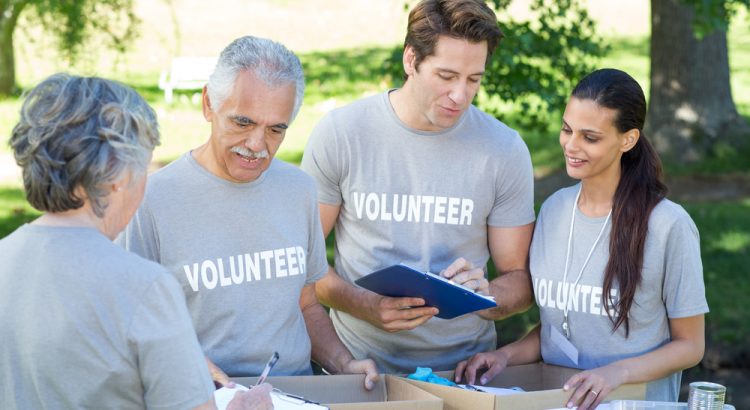Many years ago, when people thought about retirement, they imagined living in quiet retirement community Memphis TN and spending their golden years parked in front of a television. Today, in the real world, people are living much longer, healthier lives and seek to do meaningful things with their time after starting retirement. Senior citizens are now far more active than ever before and use their energy to make substantial work-oriented contributions to charities of all kinds. There is a myriad of causes, non-profits and charitable organizations that desperately need the know-how, experience and knowledge of our senior citizens.
There are many directions to go in choosing a volunteer opportunity. Simply take some time to reflect on how you would like to contribute to the well being of the world and then contact an organization that is focused on that particular cause. The following is a list of possibilities.
Animal Shelters
Every community has animal shelters devoted to caring for lost or abandoned dogs, cats and other types of pets. These organizations always need people to help out with caring for the animals, helping with fundraising and finding homes for the animals.
Activism
If you have strong political views, now is your chance to join the cause for which you feel the most passion. With your volunteer work, you can help a candidate in a local, state or national campaign actually get elected. These candidates often list volunteer opportunities on their websites. The work might consist of canvassing local neighborhoods, making telephone calls or handing our pamphlets.
Tour Guide
You probably are familiar with a museum, university or other local attraction that needs people to provide tours for visitors. Many such places will train the volunteer to be knowledable about the facility in question and to then impart that knowledge to others. This can be a very rewarding way to volunteer.
Disaster Relief
Unfortunately, natural disasters or other events occur in the world that place large populations of people in need of food, shelter or medical assistance. Organizations like the Red Cross need volunteers who have medical experience but also others who can provide administrative support or simply offer caring assistance to those affected.
Help Feed the Hungry
Join Meals on Wheels as a volunteer dedicated to feeding hungry families and individuals. This organization and countless others such as local food banks feed millions of people in need nationwide. Many of these people in need are senior citizens themselves but many others are children who may be malnourished.
Combine Travel and Volunteering
This combination of traveling to a foreign country and then working to help conditions there is a wonderful idea. By doing so, you may get to know the natives of the country you are visiting while also helping them in a constructive way. Work to protect wildlife or tutor children, among other things, as a way to get acquainted with your destination.
Help the Children
There are always children who need the special knowledge and care that seniors can provide. Look up your local Big Brother/Big Sister organization or contact a children’s hospital for information about volunteering there. Opportunities might include tutoring, helping families, or reading stories to younger children.
Support Our Troops
There are almost countless volunteer opportunities designed to help support the members of the military who help to keep the country safe. If this is your passion, the USO is a great place to start, as it is their mission to improve the quality of life of members of the military. The Veterans Affairs Volunteer Service Program (VAVS) is also a great place to start as they are dedicated to helping wounded and homeless service members.
Build Houses
Join the ranks of Habitat for Humanity to help build and/or repair houses for lower income families and individuals. Volunteers comprise most of the Habitat for Humanity workforce and the service certainly helps not only to build shelter for those in need but it also helps to build stable communities.
Be An Advocate
Charitable and non-profit organizations really do need help either representing themselves or the populations they serve in one way or another. Environmental organizations, battered wives, or foster children, for example, all need the help of seniors who have experience with legal matters. Volunteers also serve on boards of directors or perform administrative tasks.
Volunteer opportunities for senior citizens abound! All it takes is some thinking about what type of service might be the best match for you. Once you determine exactly where your passion lies, get on the phone or the internet to start a rewarding path as a valuable volunteer.





